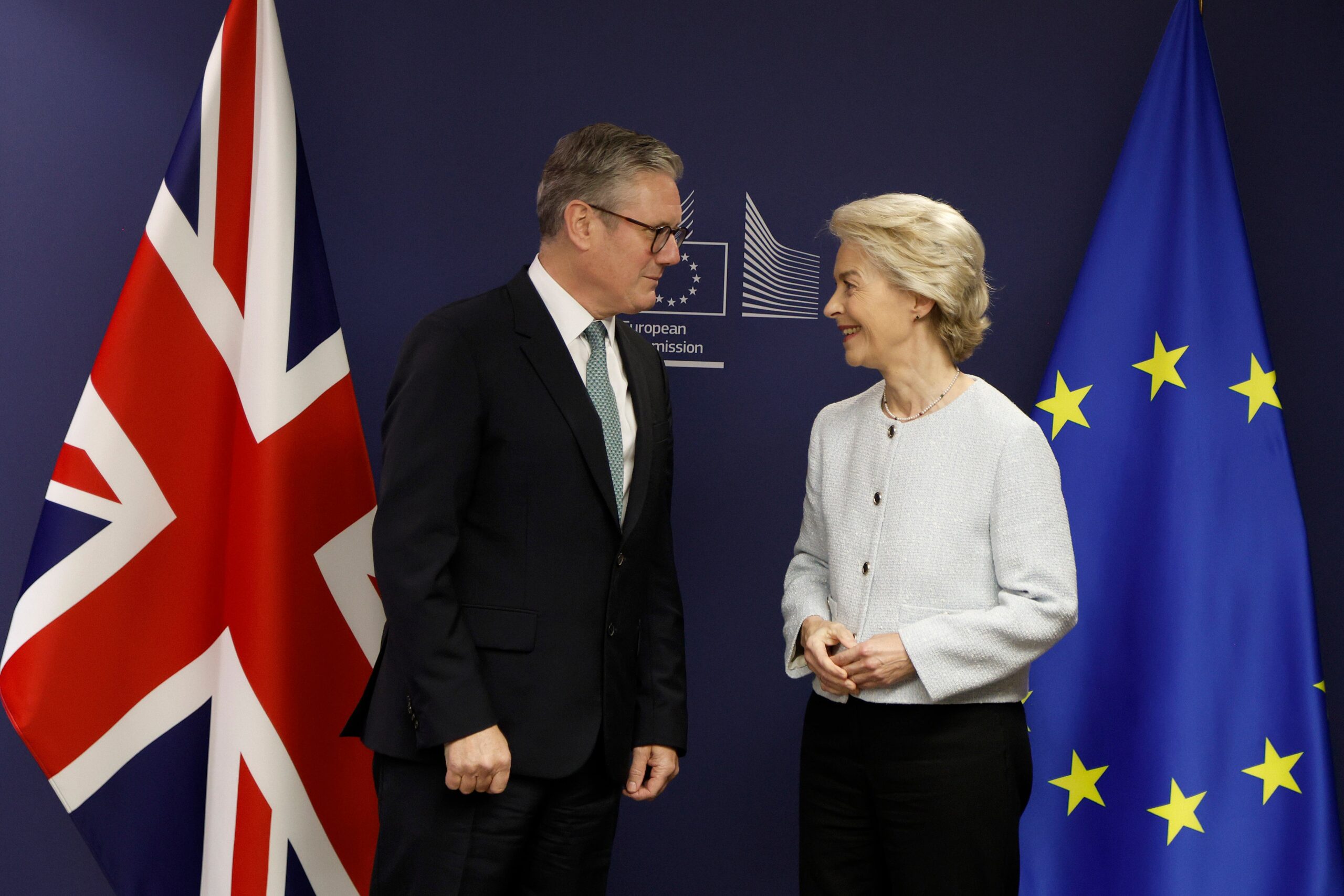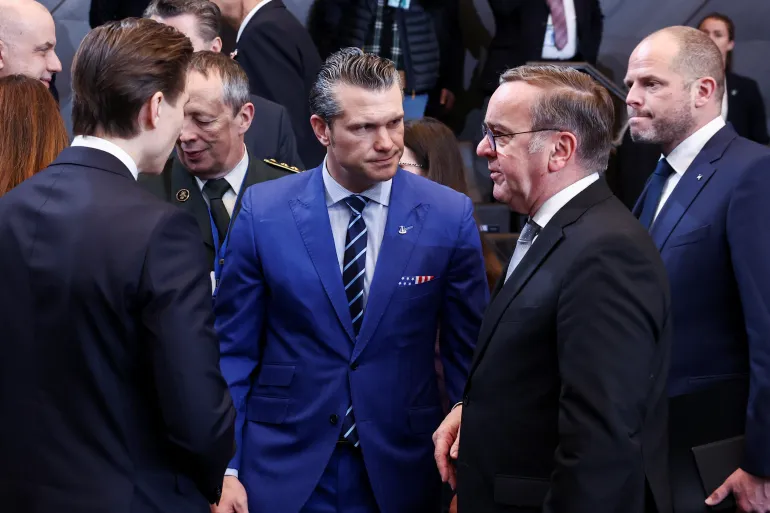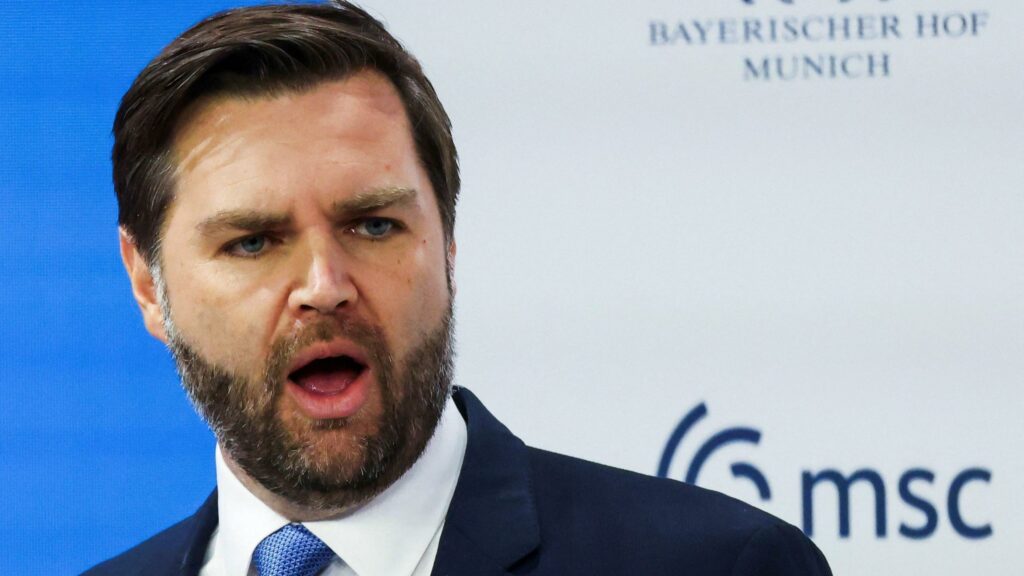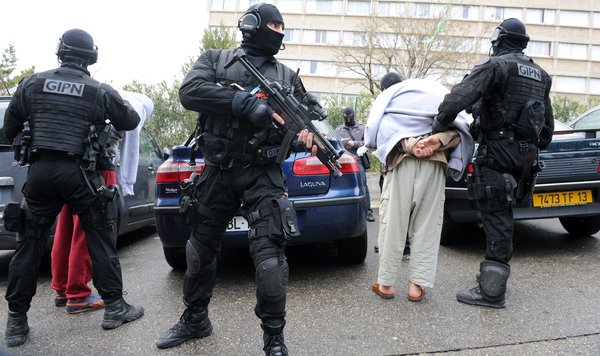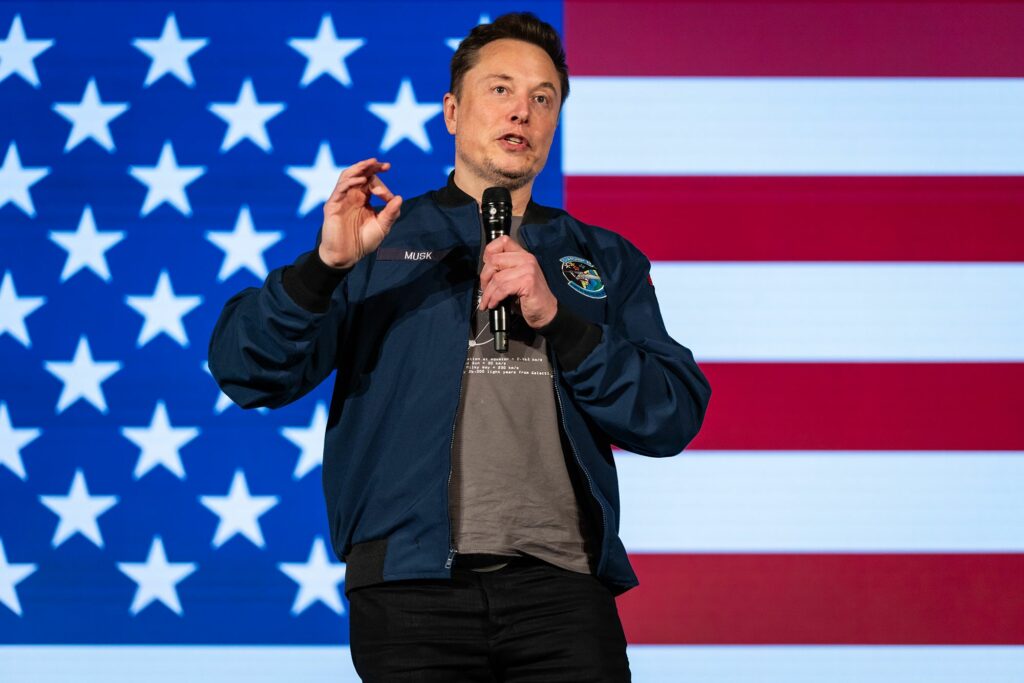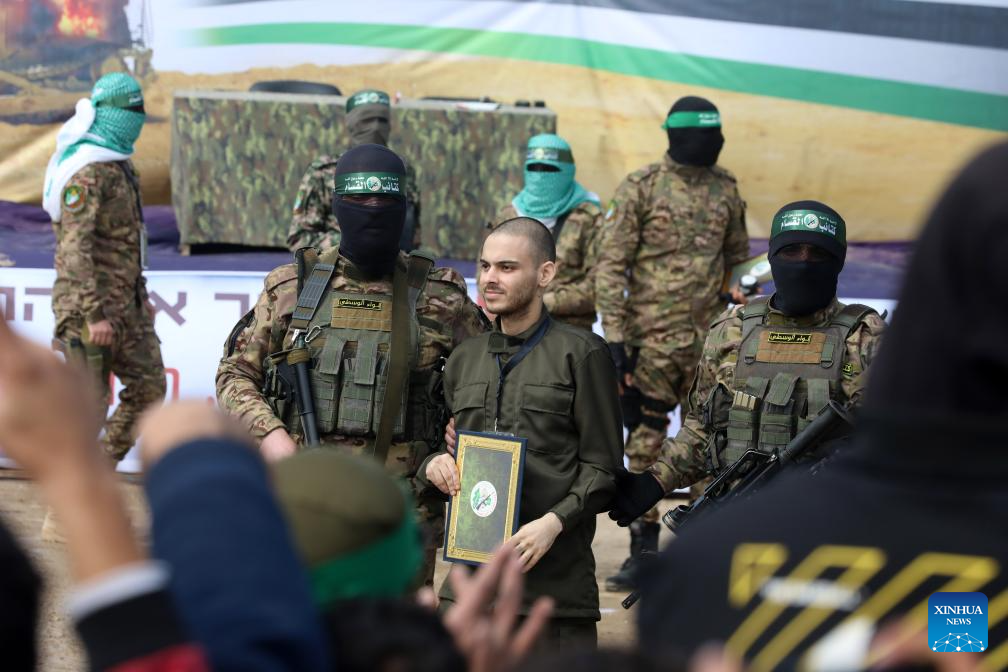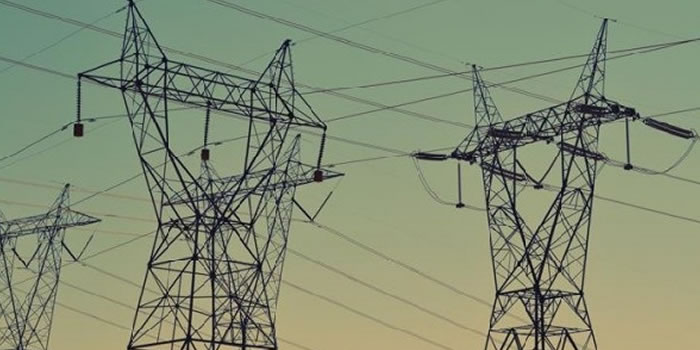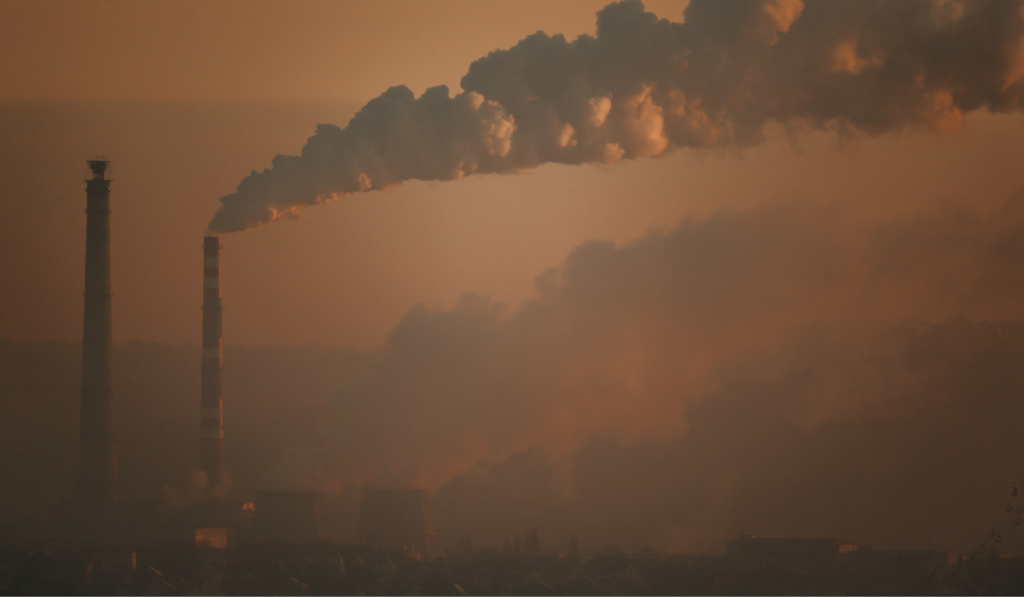Europe’s security is “at a turning point”, the president of the European Commission has said, as leaders from major European powers prepared to meet in Paris for emergency talks on their role in an eventual ceasefire in Ukraine.
After last week’s shock move by the US to sideline Kyiv and its European backers from peace negotiations, Ursula von der Leyen said the issue was “about Ukraine – but also about us. We need an urgency mindset. We need a surge in defence. And we need both of them now.”
The British prime minister, Keir Starmer, echoed her sentiments, telling reporters before heading to the French capital: “This isn’t just about the frontline in Ukraine. It’s the frontline of Europe and of the UK. It’s about our national security.”
Starmer added: “We need to step up in terms of our collective response in Europe. And by that, I mean capability, by that I mean playing our full part when it comes to the defence of the sovereignty of Ukraine if there’s a peace agreement.”
Amid growing realisation of the need for decisive action in the face of Washington’s decision to enter bilateral discussions with Moscow on ending the war, Starmer on Sunday affirmed the UK was ready to put troops on the ground.
Sweden followed suit on Monday, when the prime minister, Ulf Kristersson, said there was “absolutely a possibility” of it contributing to postwar peacekeeping forces in Ukraine, although negotiations would have to progress before that could be done.
Germany, however, said it was still “premature” to discuss committing troops and Poland reiterated that it was not planning to send any of its forces to Ukraine to help ensure postwar security, but instead would provide financial and military aid.
“We have repeatedly stated that, first of all, we have to wait and see whether and how peace will hopefully emerge for Ukraine,” the deputy spokesperson of the German government, Christiane Hoffmann, told reporters in Berlin. “Then we will be able to talk about the conditions and how this can be implemented.”
The Polish prime minister, Donald Tusk, said the matter was settled and his country was “not planning to send Polish troops to Ukrainian territory”.
The French president, Emmanuel Macron, called the emergency mini-summit, due to start at 4pm local time, after Donald Trump stunned Ukraine and its European allies last week by announcing he had called the Russian president, Vladimir Putin, to discuss bringing an end to the war.
Macron had a phone call with Trump ahead of European emergency meeting on Ukraine in Paris, but Macron’s office would not disclose details about the discussion.
The leaders of France, Germany, Britain, Italy, Poland, Spain, the Netherlands and Denmark, as well as the presidents of the European Commission and the European Council and the Nato secretary general are expected to attend.
Talks between US officials including the secretary of state, Marco Rubio, and a Russian team including the foreign minister, Sergei Lavrov, and Yuri Ushakov, a Kremlin adviser and former ambassador to Washington, are due to start in Saudi Arabia on Tuesday.
The US president’s Ukraine envoy, Keith Kellogg, said on Saturday that Europe would not have a seat at the table for any peace talks, but Washington has asked European capitals what they would consider contributing to security guarantees for Kyiv.
Washington has warned its Nato defence alliance partners that Europe will no longer be its top security priority and US defence chief, Pete Hegseth, has also appeared to rule out Ukraine joining Nato or retaking all of the territory it has lost since 2014.
A French presidency official said the Paris talks would look at “the security guarantees that can be given by the Europeans and the Americans, together or separately,” with peacekeepers being just one element of the security guarantees.
“Because of the acceleration of the Ukrainian issue, and as a result of what US leaders are saying, there is a need for Europeans to do more, better and in a coherent way, for our collective security,” an adviser in Macron’s office said.
The meeting follows many similar summits that have so far shown the 27-nation EU incapable of coming up with a coherent plan for the end of the war. Besides the UK, only France had previously signalled a willingness to send troops at some stage.
Underlining the difficulty Europe could have in summoning a united response, some member states, including Slovenia, the Czech Republic and Romania, said they were unhappy that the Paris meeting was not a full EU summit.
“On a symbolic level, the organisers of the Paris summit show to the world that even within the EU, not all states are treated equally,” Slovenia’s pro-European president, Nataša Pirc Musar, said in a statement.
Hungary’s Moscow-friendly government – one of Trump’s main EU supporters – said it was a meeting of “pro-war, anti-Trump, frustrated European leaders” aimed at “preventing a peace agreement in Ukraine”.
Its foreign minister, Péter Szijjártó, said that “unlike them”, Hungary “supports Donald Trump’s ambitions; unlike them, we support the US-Russian negotiations; unlike them, we want peace in Ukraine”.
We are bringing you Ghana, global contents and international news on our main (Futball Surgery) site as we work to restore Futball Surgery News website.
Understanding our network’s setup
Futball Surgery is the parent outlet
Futball Surgery News, is a subset, for news coverage (which we are working to restore website).
Futball Surgery Sports, is a subset, for sports coverage (https://futballsurgerysports.com).
